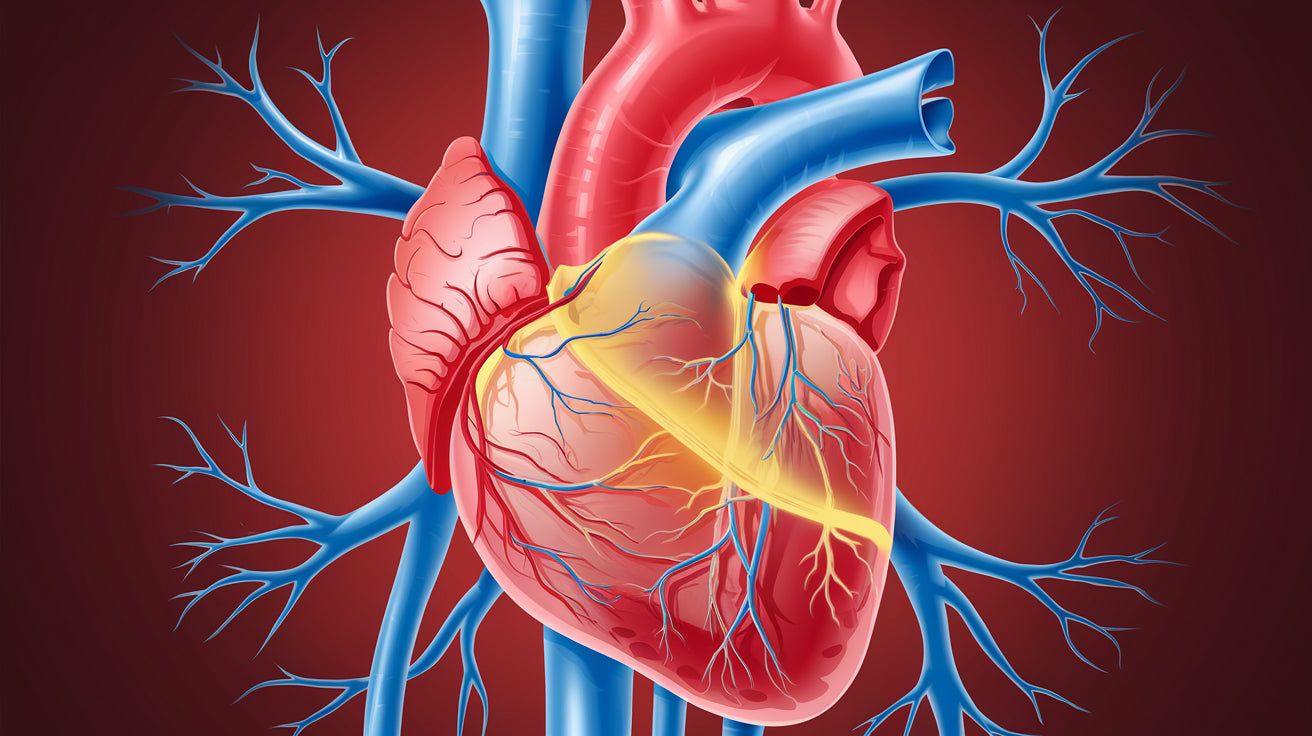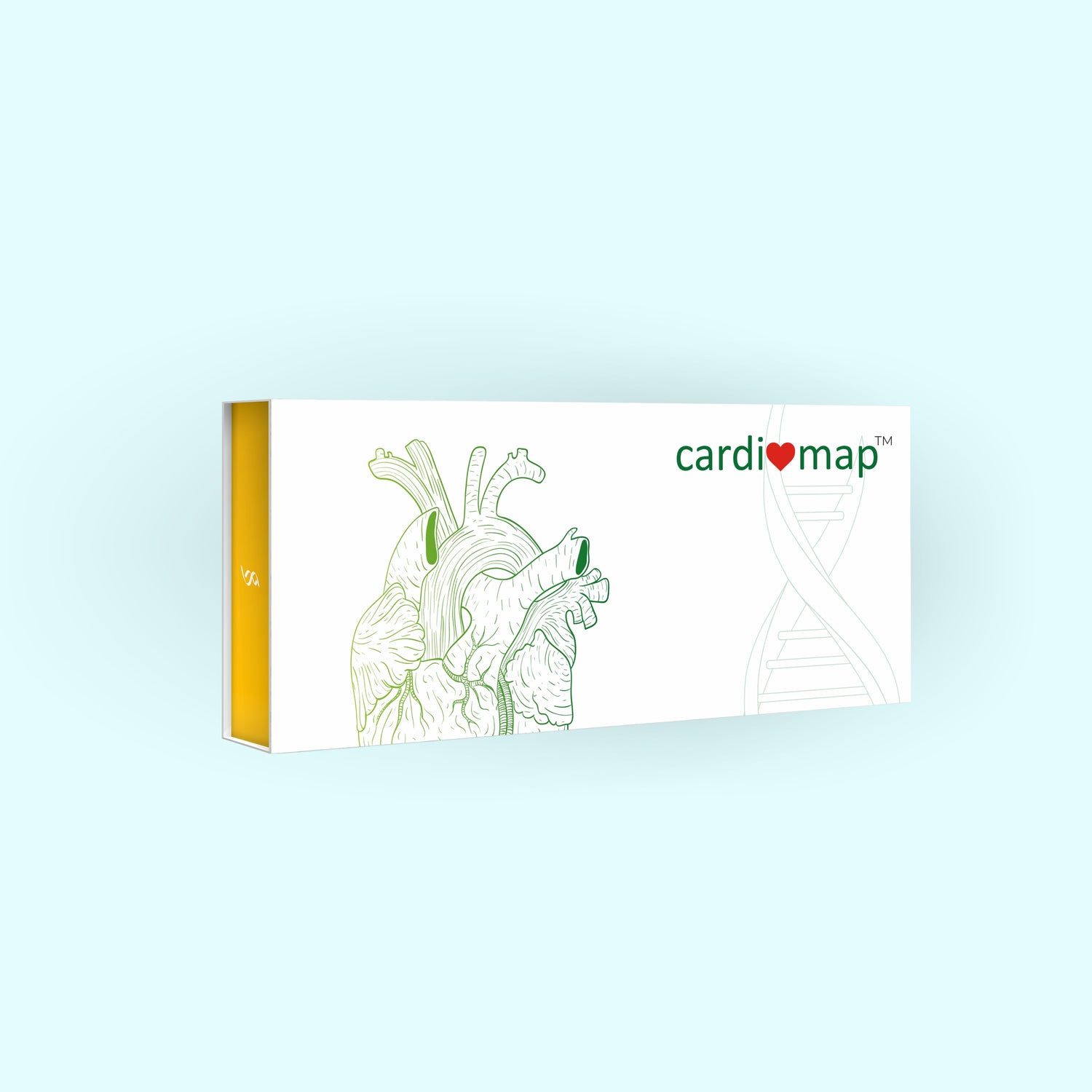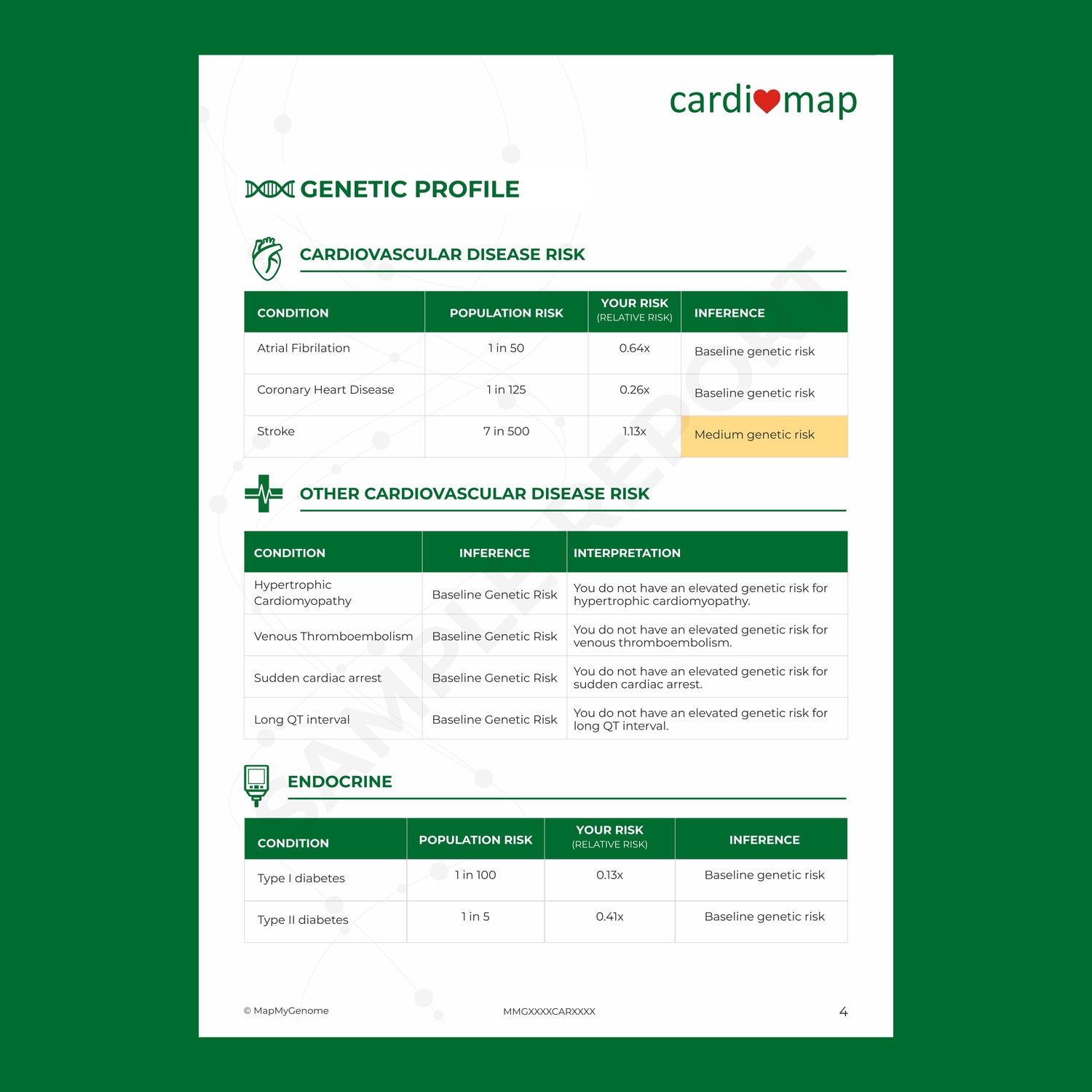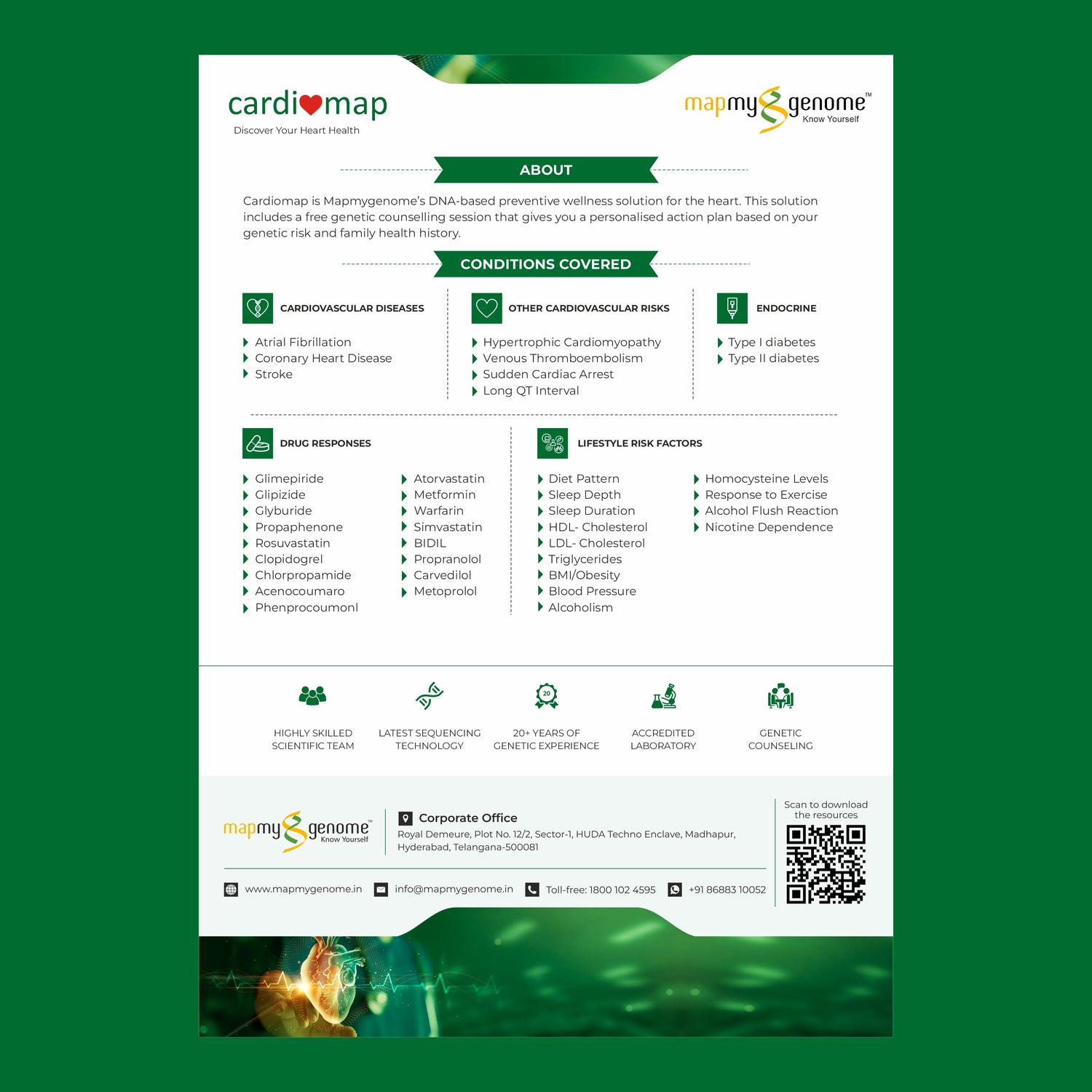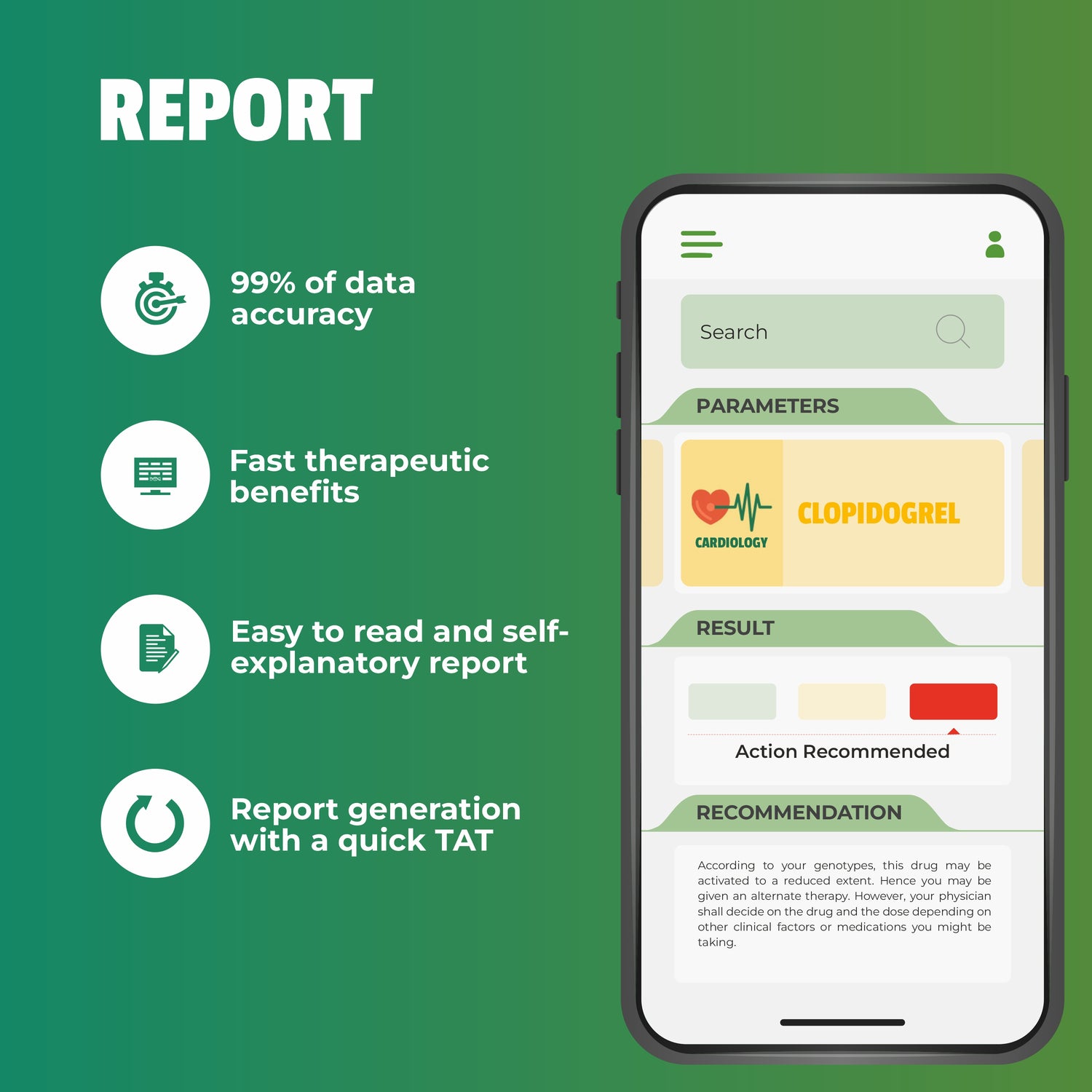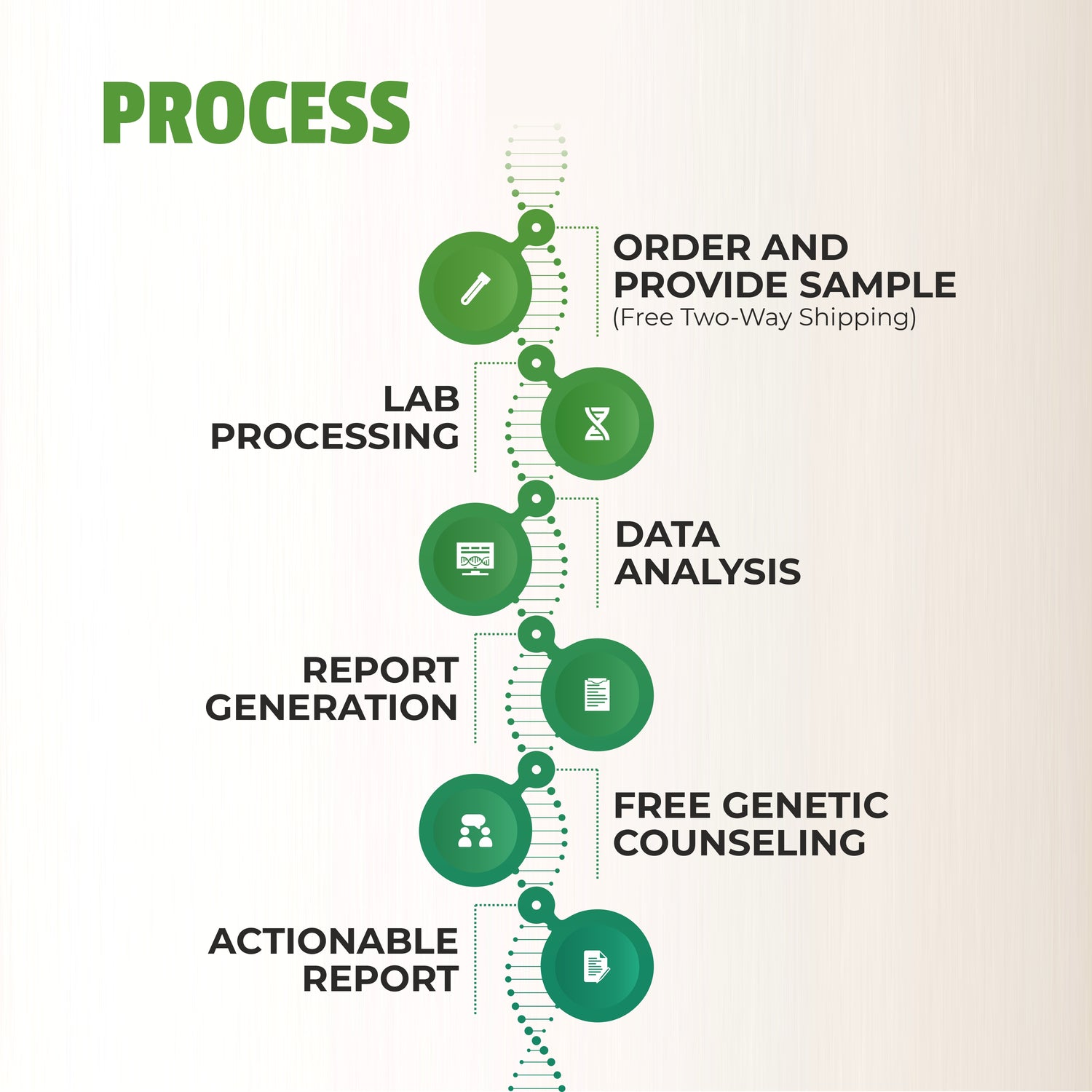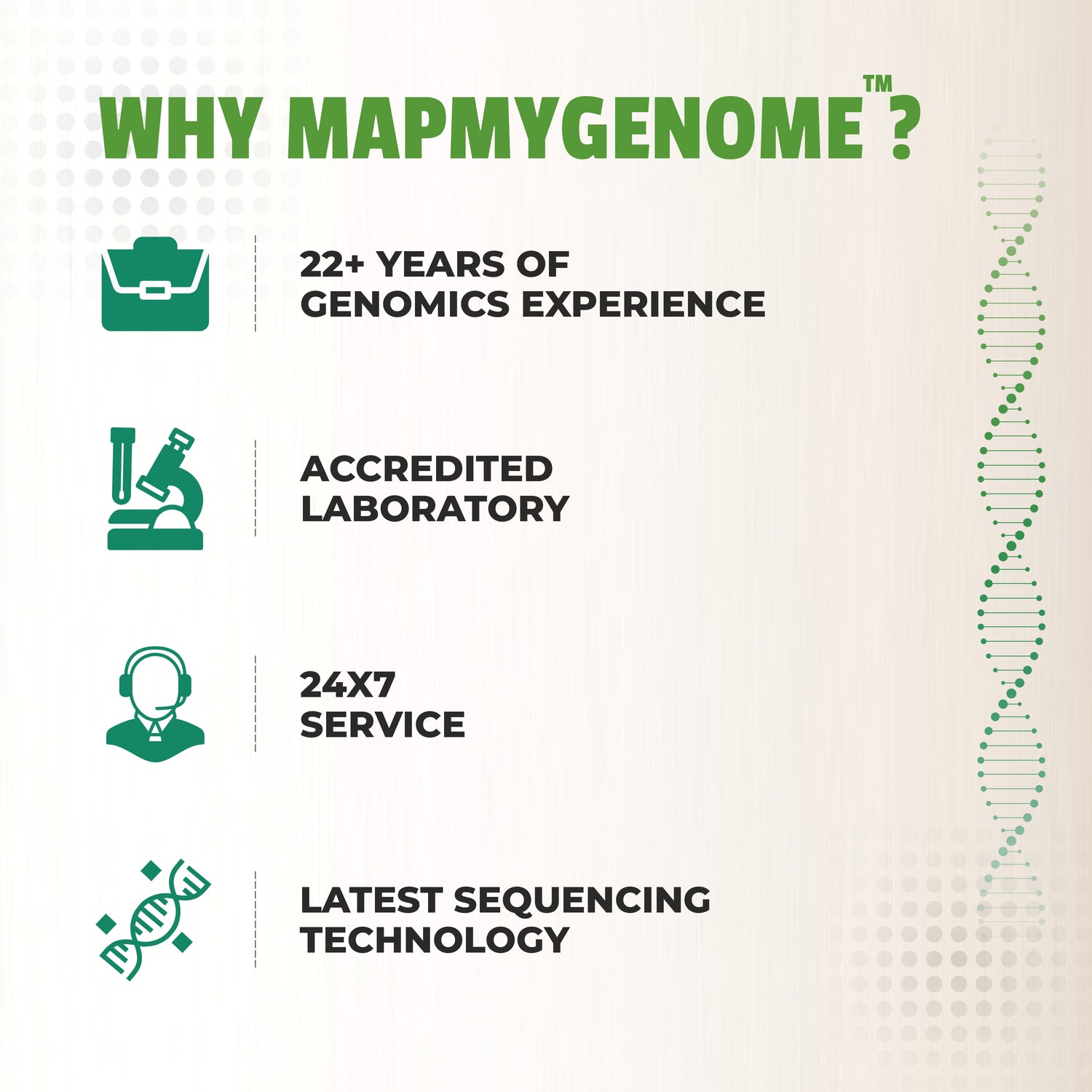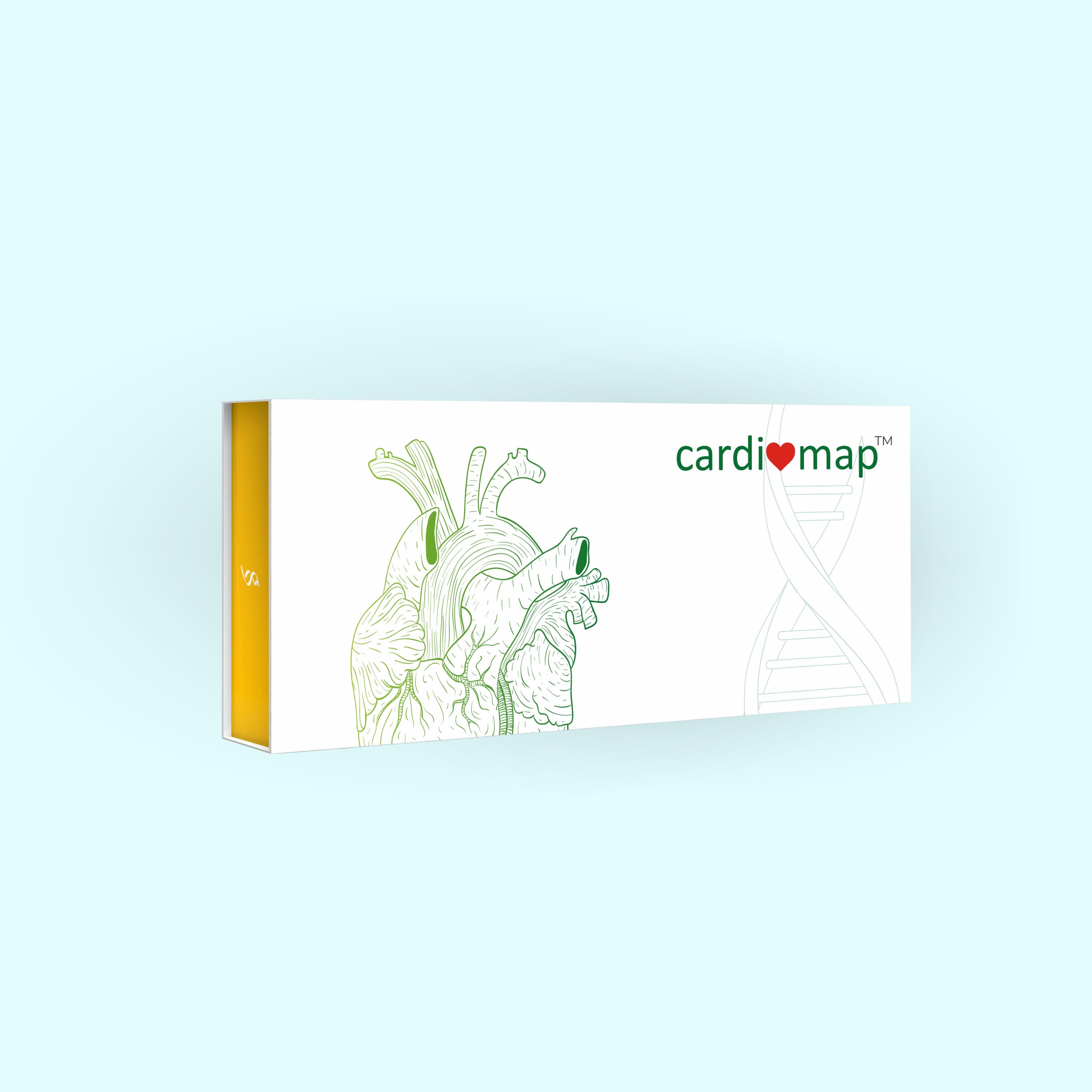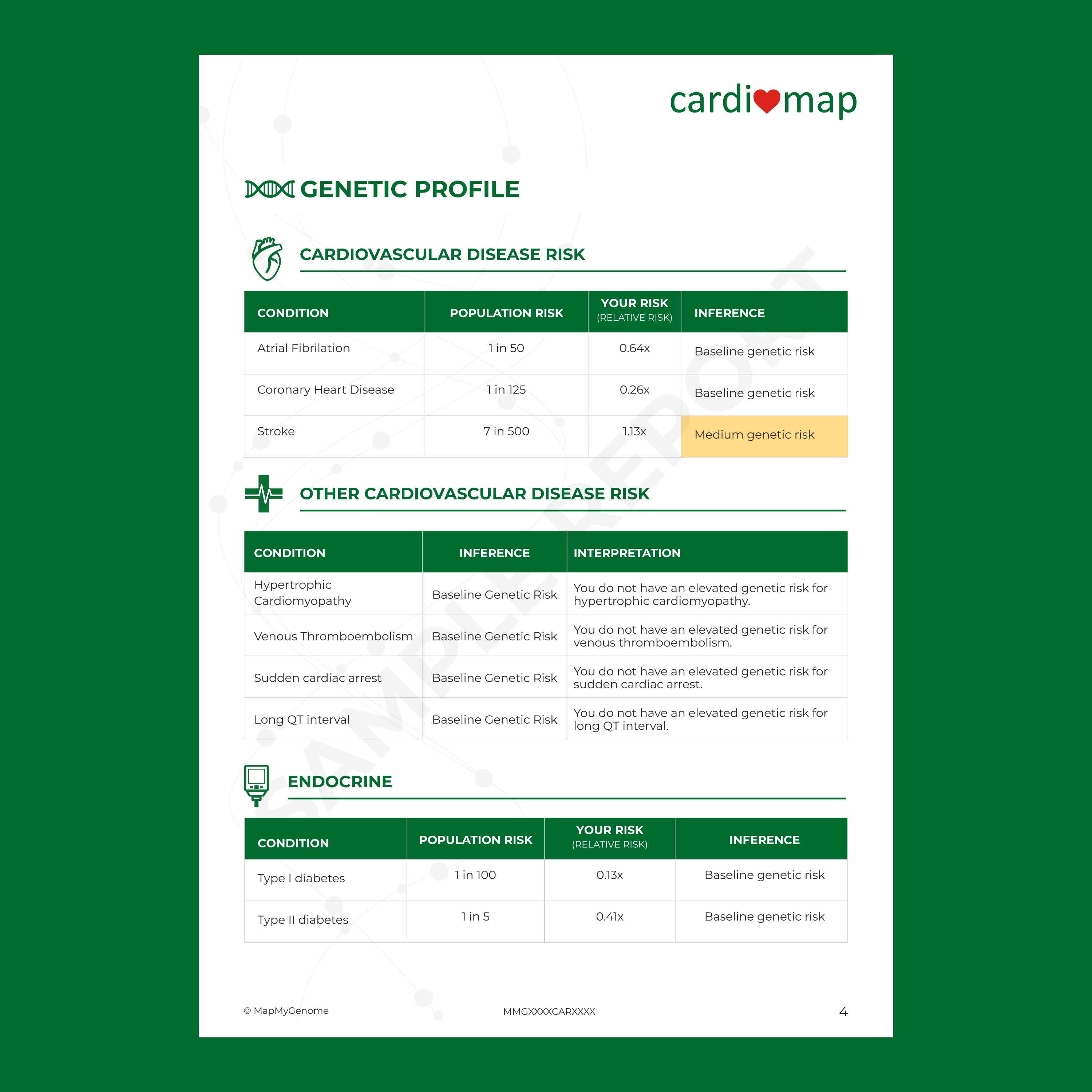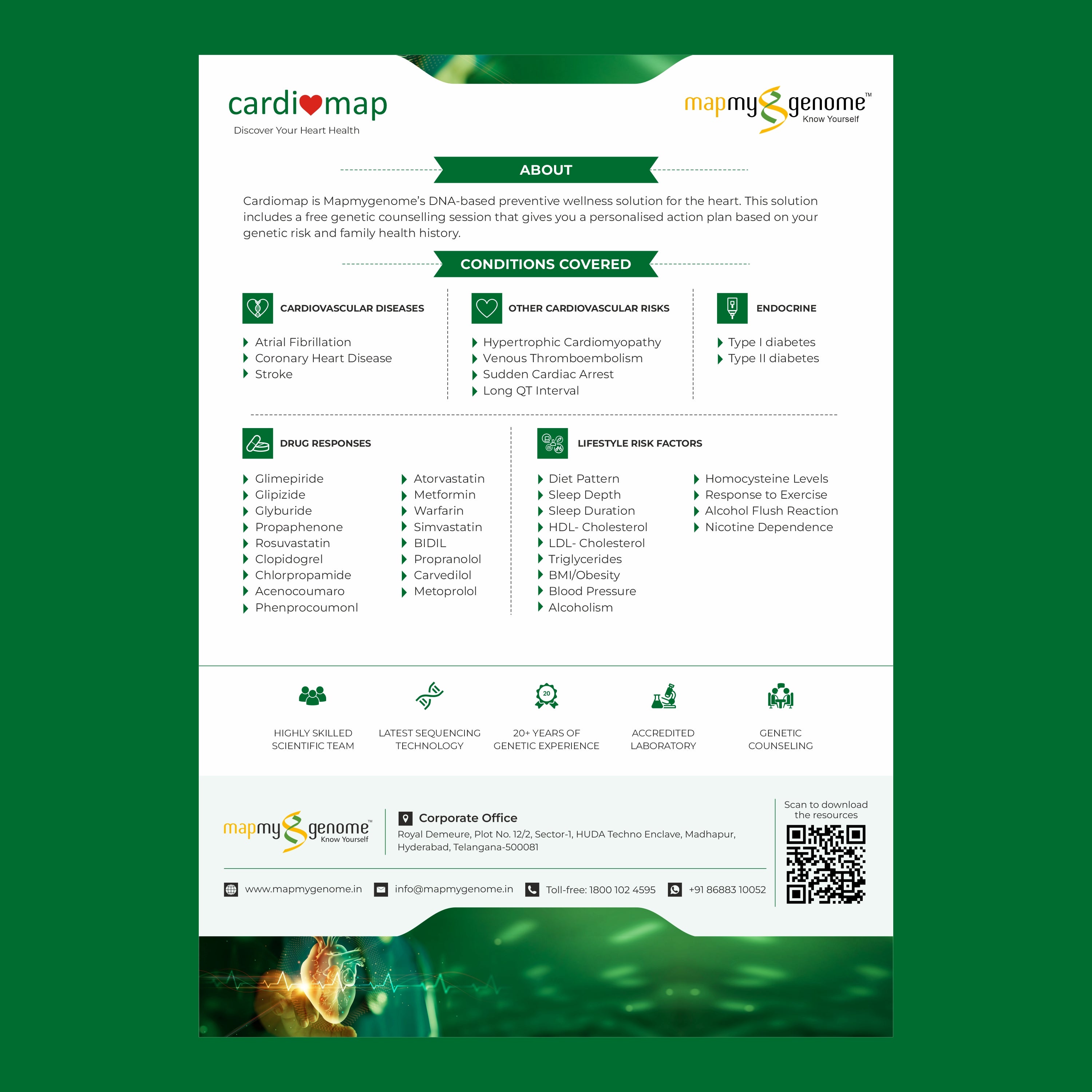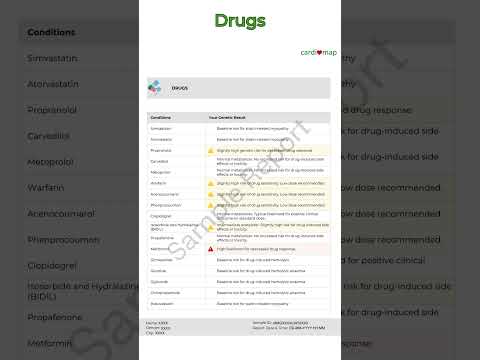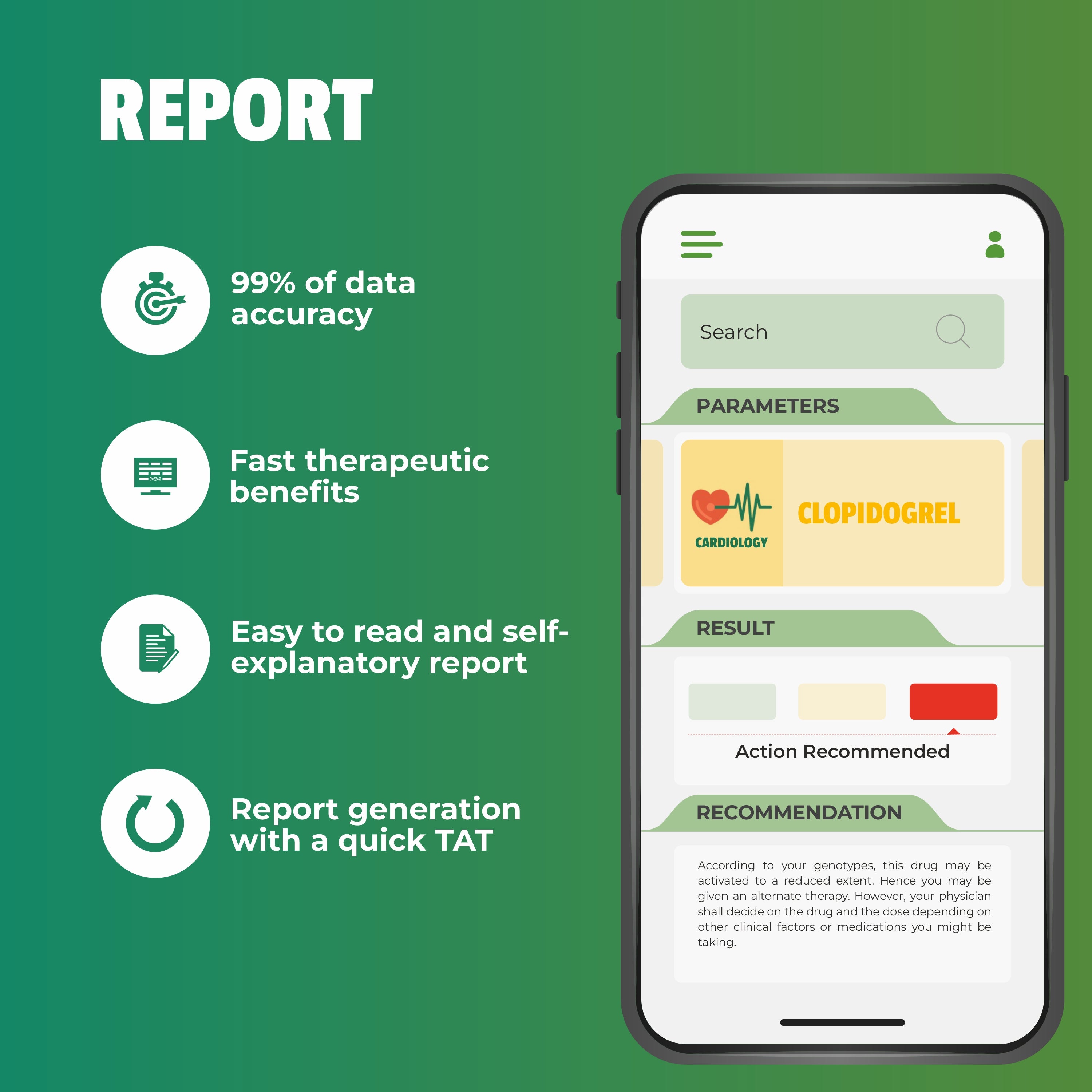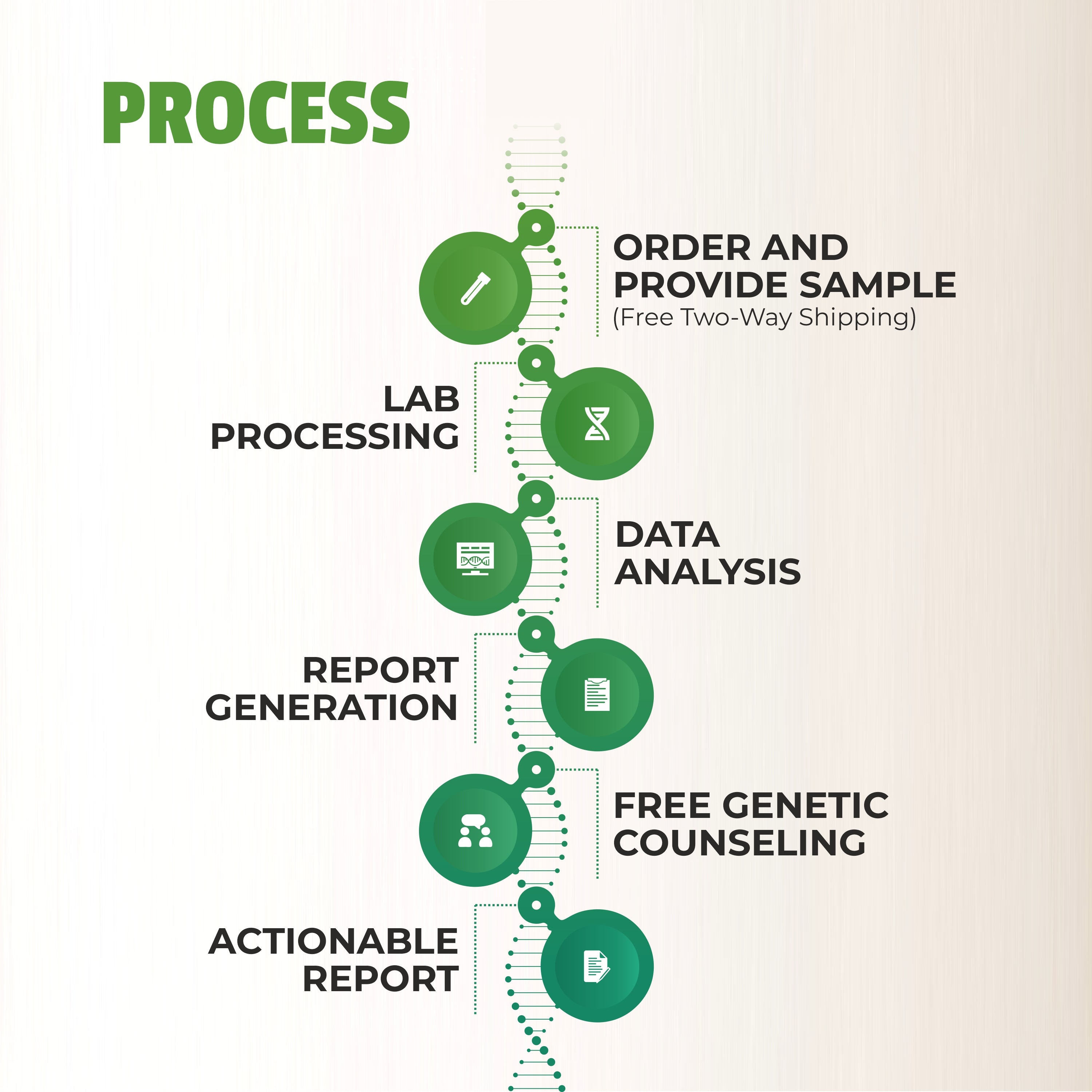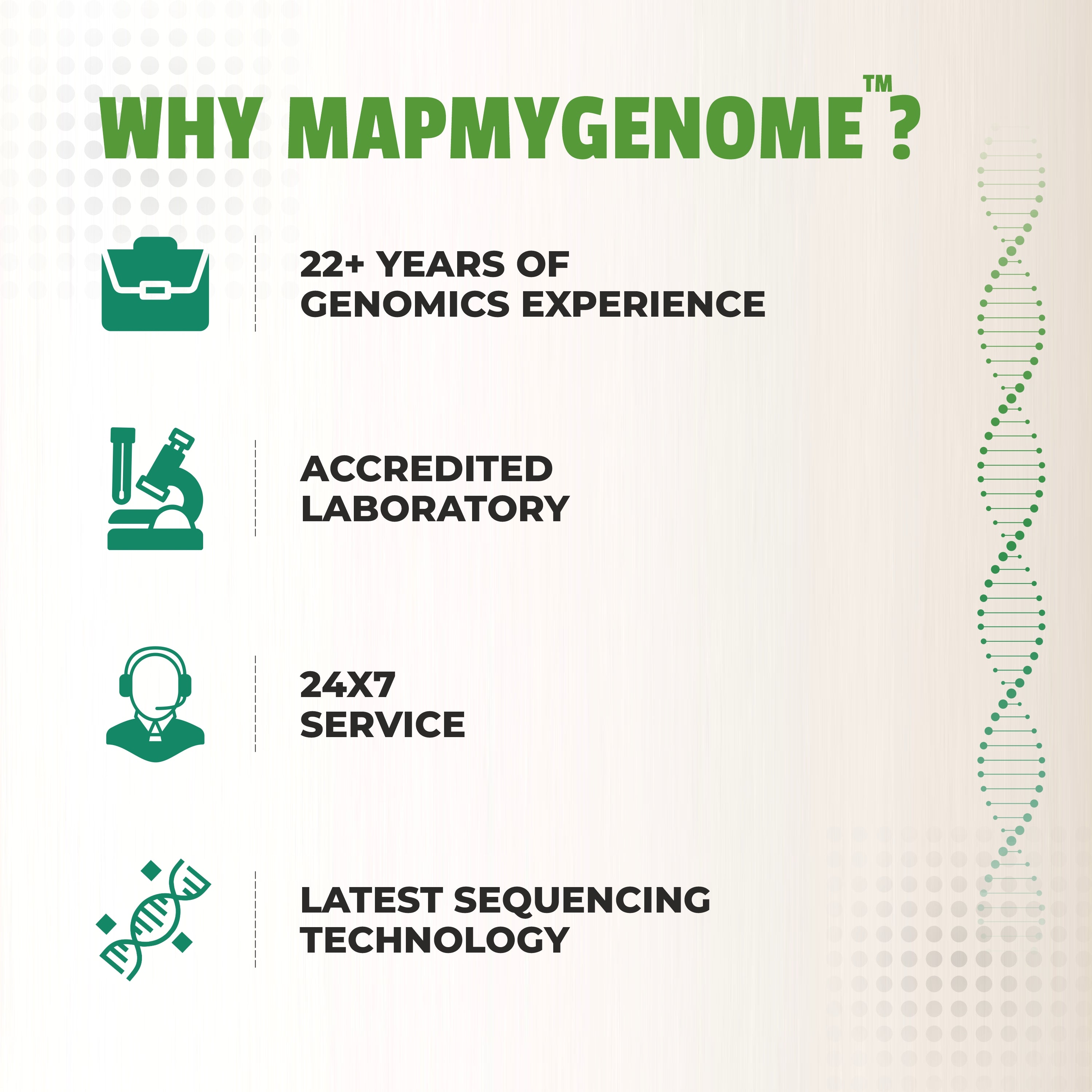Our hearts work tirelessly to pump blood through the body, providing life-giving oxygen to every cell. But sometimes, blockages can prevent the blood flow, increasing the risk of severe health complications, such as heart attacks. This blog will break down what a heart blockage is, its symptoms, treatments, and tips for prevention. Whether you’re here to learn for yourself or a loved one, this guide will make understanding heart health simple and actionable.
What is Heart Blockage?
A heart blockage, also called a coronary artery blockage, occurs when fatty deposits (plaque) build up in the arteries, making it harder for blood to flow to the heart muscle. Over time, this build-up can reduce or entirely block blood flow, leading to heart issues like chest pain, shortness of breath, or even a heart attack.
Heart blockages develop slowly, often going unnoticed for years until symptoms emerge. But don’t worry—early detection and lifestyle changes can make a significant difference.
Types of Heart Blockages
There are different types of heart blockages based on their severity and location:
- Partial Blockage: The artery is narrowed but still allows some blood to pass through. This may lead to mild symptoms like chest pain during exertion.
- Complete Blockage: The artery is fully blocked, usually causing more severe symptoms and requiring immediate medical attention.
- Electrical Heart Block: This is a different kind of blockage where the heart's electrical signals are delayed or stopped, affecting the heartbeat.
Common Causes of Heart Blockages
While heart blockages are complex, some common factors can increase the risk:
- High Cholesterol: High levels of LDL (bad cholesterol) contribute to plaque buildup in arteries.
- High Blood Pressure: Hypertension damages artery walls, making it easier for plaque to accumulate.
- Smoking: Nicotine and other chemicals in cigarettes can damage blood vessels, increasing blockages.
- Diabetes: People with diabetes are more likely to develop plaque in their arteries.
- Unhealthy Diet: High-fat, high-sugar diets contribute to plaque formation.
- Lack of Exercise: Physical inactivity can raise blood pressure and cholesterol, promoting plaque buildup.
Understanding these causes can help you make informed lifestyle choices to reduce your risk.
Symptoms of Heart Blockage
Heart blockages don’t always show early symptoms, which is why they can be hard to detect. When symptoms appear, they may include:
- Chest Pain (Angina): The most common symptom, often triggered by physical exertion or stress.
- Shortness of Breath: Reduced blood flow affects oxygen levels, causing breathlessness.
- Fatigue: A blocked artery can make even simple tasks feel exhausting.
- Sweating: Excessive sweating, especially during minimal activity, can be a warning sign.
- Nausea or Dizziness: These are sometimes overlooked but can signal a heart problem.
If you or someone else experiences these symptoms, especially chest pain or shortness of breath, seek medical help right away.
Diagnosing Heart Blockages
Doctors use several methods to diagnose heart blockages. Some common tests include:
- Electrocardiogram (ECG): Measures electrical activity in the heart, detecting abnormal rhythms.
- Echocardiogram: Uses sound waves to create a detailed image of the heart, showing blockages.
- Stress Test: Checks how your heart functions during physical activity, which may reveal underlying issues.
- Coronary Angiography: A specialized X-ray using dye injected into the arteries, showing blockages.
- CT or MRI: Detailed scans of the heart to see the location and extent of any blockage.
Getting tested can help you catch blockages early, preventing serious complications.
Treatment Options for Heart Blockages
Once diagnosed, treatment depends on the severity of the blockage and overall health. Common treatments include:
1. Medications
Medications can improve blood flow and reduce the risk of further plaque build-up. These include:
- Cholesterol-lowering drugs: Reduce plaque in the arteries.
- Blood Thinners: Help prevent clots from forming.
- Beta-blockers or ACE inhibitors: Lower blood pressure and protect the heart.
2. Angioplasty and Stenting
In cases of partial blockages, angioplasty may be recommended. A small balloon is used to open the artery, and a stent (a tiny tube) is placed to keep it open. This restores blood flow and reduces symptoms.
3. Coronary Artery Bypass Graft (CABG)
For severe blockages, surgery might be necessary. CABG creates a new path for blood flow using a blood vessel from another part of the body. This bypasses the blocked area, improving blood flow to the heart.
4. Lifestyle Changes
For many people, lifestyle changes can prevent further blockages and improve overall heart health. Doctors often recommend a balanced diet, regular exercise, quitting smoking, and managing stress as part of treatment.
How to Prevent Heart Blockages
Taking care of your heart doesn’t have to be difficult. Here are some actionable tips to help prevent blockages:
- Adopt a Heart-Healthy Diet: Focus on fruits, vegetables, whole grains, and lean proteins. Avoid trans fats, sugary foods, and excessive salt.
- Stay Active: Aim for at least 30 minutes of exercise most days of the week. Walking, cycling, and swimming are all great options.
- Limit Alcohol Intake: Excessive drinking can raise blood pressure, contributing to heart issues.
- Quit Smoking: Smoking damages your arteries and significantly increases the risk of heart blockages.
- Manage Stress: Chronic stress can harm the heart. Practice relaxation techniques like yoga or meditation.
- Get Regular Check-Ups: Routine check-ups can help catch risk factors early on, allowing you to take preventive measures.
A few small changes can go a long way toward keeping your heart healthy.
FAQs About Heart Blockage
1. What are the first signs of a heart blockage?
Common signs include chest pain, shortness of breath, and excessive sweating. However, some people may experience mild symptoms or none at all.
2. Can heart blockages be reversed naturally?
While you can’t reverse severe blockages entirely, lifestyle changes like diet and exercise can improve blood flow and reduce plaque build-up, preventing further blockage.
3. How are heart blockages detected?
Heart blockages can be detected through tests such as ECG, echocardiogram, stress tests, coronary angiography, and CT or MRI scans.
4. Is surgery the only option for a heart blockage?
No, not always. Medications, lifestyle changes, and procedures like angioplasty may be enough for mild or partial blockages. Surgery is typically for severe cases.
5. How long does a stent last after angioplasty?
A stent can last for many years, but lifestyle changes are essential to prevent new blockages. Regular follow-ups with your doctor are also recommended.
6. Can a heart blockage lead to a heart attack?
Yes, a heart blockage can reduce blood flow to the heart muscle, which can result in a heart attack if not treated in time.
Final Thoughts: Take Charge of Your Heart Health
Heart blockages can be serious, but they don’t have to define your life. By making small, meaningful lifestyle changes, you can reduce your risk, and with medical advancements, treatments are better than ever. Remember, it’s never too late to take charge of your heart health.
If you suspect any symptoms or have risk factors, don’t hesitate to talk to your doctor and consider regular check-ups. Prevention is always better than cure when it comes to your heart.


